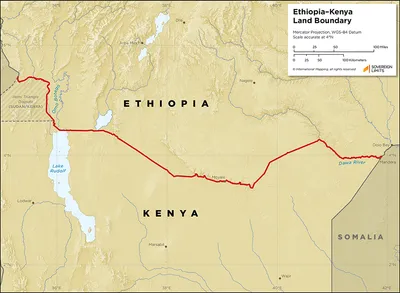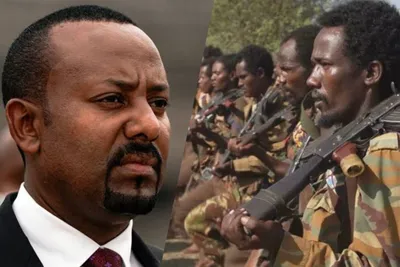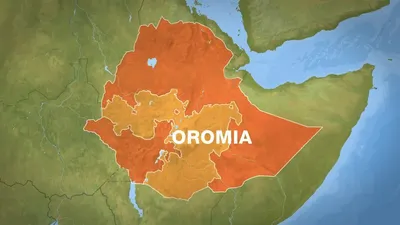Hopes for peace, unity and development as a new Abbaa Gadaa takes power
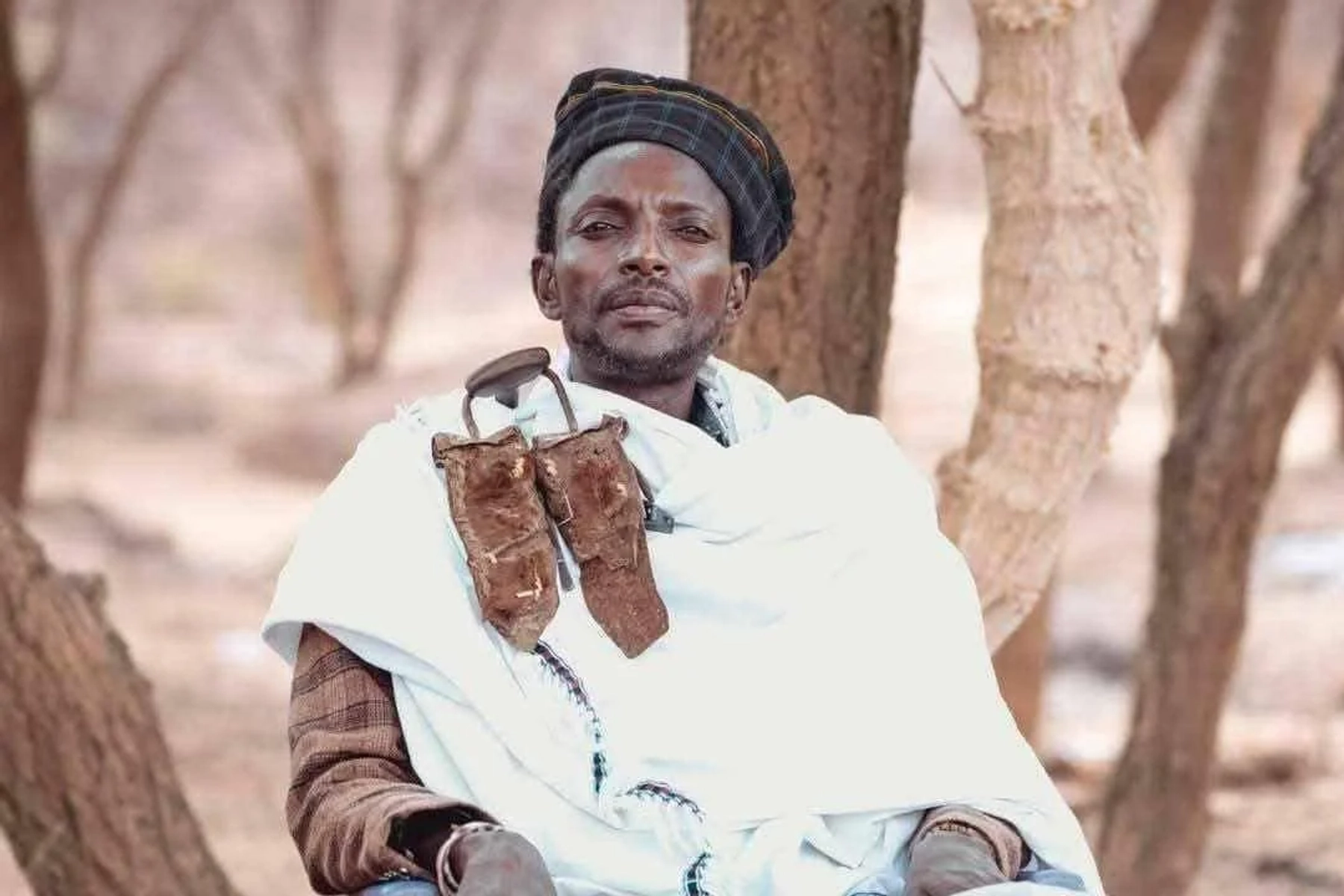
Guyo Boru Guyo, the 72nd Abba Gadaa of Borana Oromo.
The Borana, a subgroup of the Oromo people who inhabit Southern Ethiopia and Northern Kenya, marked a historic milestone on Sunday as they elected their 72nd “Abbaa Gadaa”, equivalent to “president” in Western democracies— a tradition they have maintained for at least 500 years.
The Gadaa system is an indigenous egalitarian socio-political system inscribed by UNESCO as an Intangible Cultural Heritage of Humanity in 2016.
It organizes Oromo society into age-based grades, each with distinct roles and responsibilities. In the sixth age-grade, known as “Gadaa”, men aged 41 to 48 exercise political, social, military, and ritual leadership. The “Abbaa Gadaa”, or head of the Gadaa, is democratically elected from this group and serves an eight-year term as the governor of the community.
The new “Abbaa Gadaa,” Guyyo Boruu Guyyo, was sworn in a power transfer ceremony, ”Baallii Gadaa,” held at ‘Arda Jila’ Badhaassa, a sacred ground in Areero Gooro district, East Borana Zone of Oromia. The outgoing leader, Kura Jarso, formally handed over power.
Guests of honor included Shimelis Abdissa, president of Ethiopia’s Oromia State; Muhammad Ali, governor of Marsabit County in Kenya; Naomi Waaqo Jiloo, Marsabit Women Representative in Kenya’s National Assembly; and Mohamed Rooba Qoto, speaker of Isiolo County Assembly.
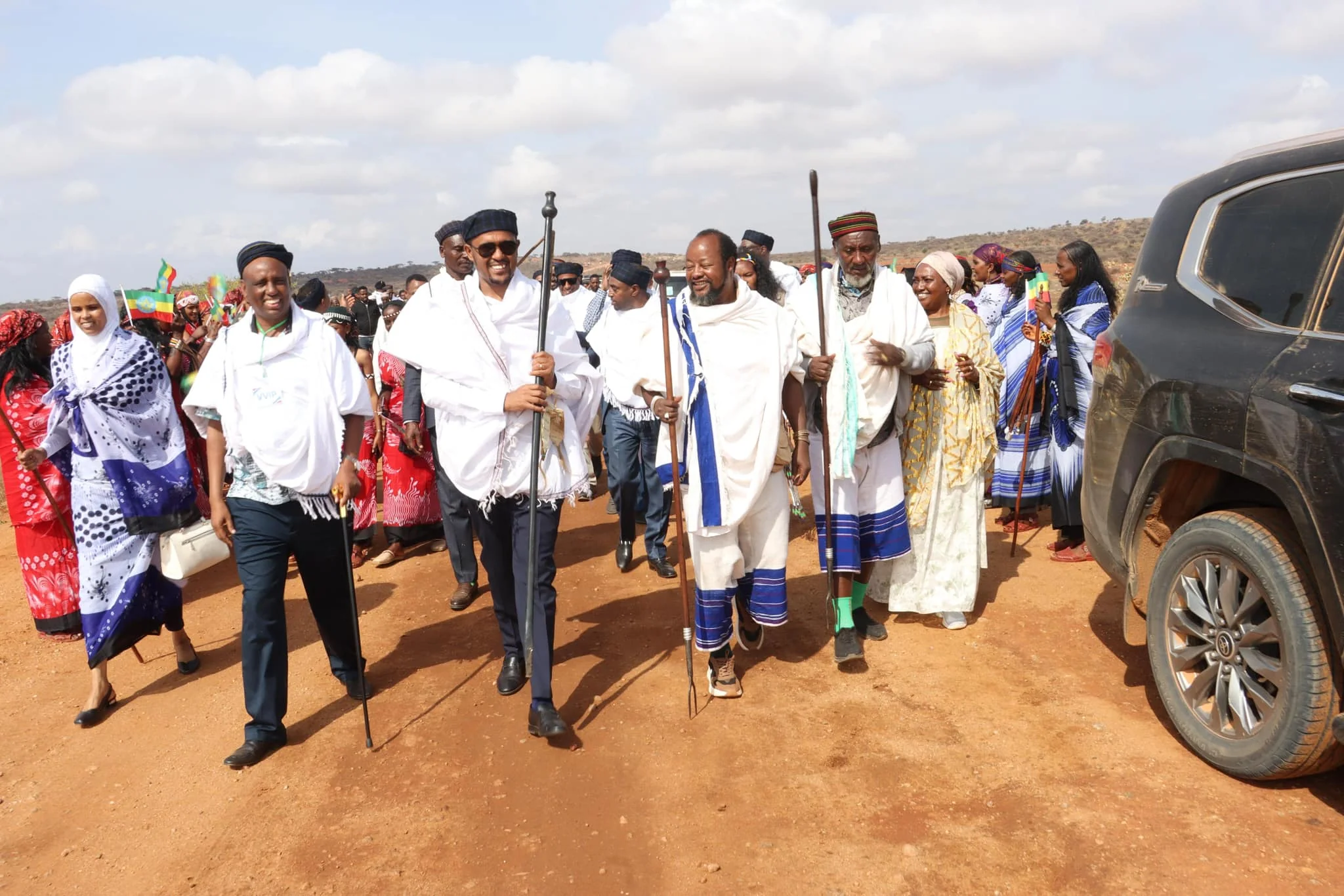
The Borana Gadaa divides into five primary parties (Gogeessa): Gadayoo Galgaloo, Fuleelle Yaayya, Baabbo Gaanoo, Daawwa Borbor Daawwa, and Diida Nam-durii Annaa. Each party rules for eight years in rotation, ensuring a 40-year cycle before a party returns to power. The new Abbaa Gadaa, Guyyo Boruu Guyyo, is from the second party, while the outgoing leader, Kura Jarso, is from the first.
In the Gadaa system, if an Abbaa Gadaa’s reign is prosperous, the party may elect his son to leadership when he reaches the Gadaa stage. However, if an Abbaa Gadaa’s term is deemed corrupt, and his descendants may be barred from leadership roles, including the Gadaa office.
After completing their Gadaa stage (ages 41-48), the Abbaa Gadaas proceed to advisory roles in stages known as Yuuba I (ages 49-56), Yuuba II (57-64), Yuuba III (65-72), Gadaamoojjii (73-80), and Jaarsa (above 80).
Like his son, the father of the new Abbaa Gadaa, Booruu Guyyoo, took the Baallii (power) in 1986 and handed it over after 8 years per custom in 1993. His term, which coincided with the coming to power of the Ethiopian People’s Revolutionary Democratic Front (EPRDF), was characterised by a passionate advocacy for education in the Borana country. Elders recall his public declarations promoting Afaan Oromoo as the language of education, his bold display of the Oromo resistance flag in public spaces, his efforts to unite the Oromo people and in laying the foundation for Oromia State.
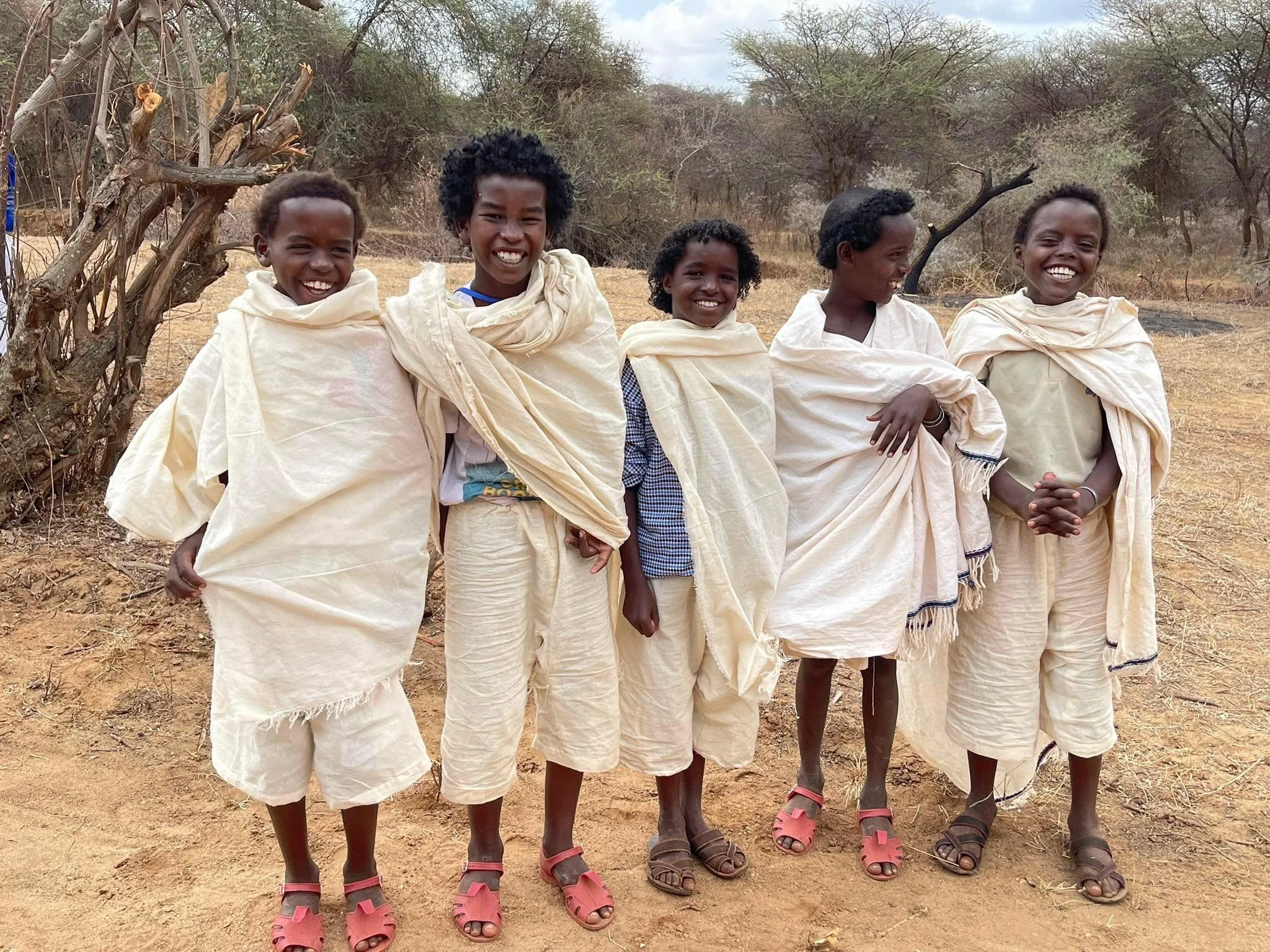
His activism drew the attention of the Oromo People’s Democratic Organization (OPDO), whose forces arrested him in 1995. He has been missing since. His son, Guyyo Boruu Guyyo, was in the Gaamme Didiqqo stage (ages 9-16) at the time of his father’s disappearance.
Thanks to his father’s legacy, the Borana community has placed its trust in his son, 32 years later. “We hope the son out does the father,” elders say.
As the Borana and the Oromo people welcome this new era of leadership, they hope his term will bring peace, unity, and development.
We need your support
We trust you found something of value in this article. If so, we kindly ask you to consider helping Curate Oromia continue its work.
If you believe in the importance of independent voices and honest reporting, we invite you to support our efforts through our GoFundMe campaign.
Every contribution, however small, goes directly to our writers and the expansion of our reach.
Thank you for your support.

